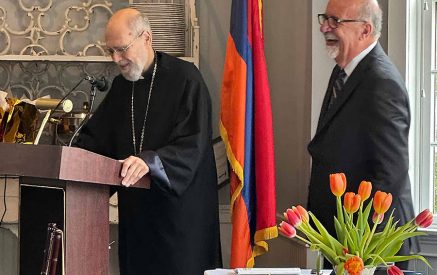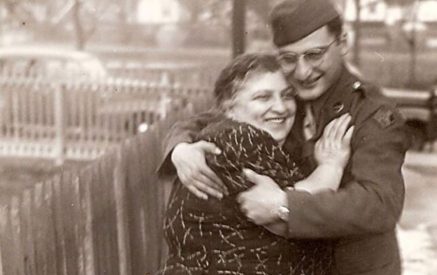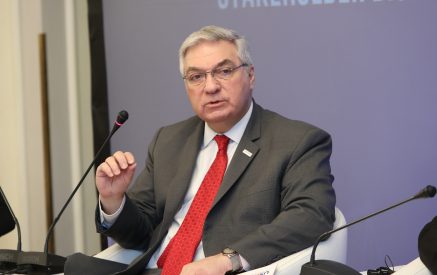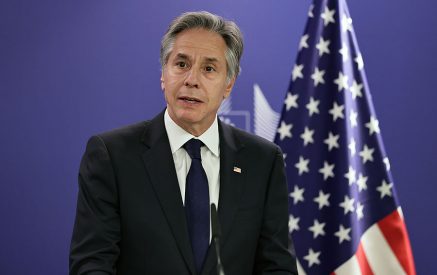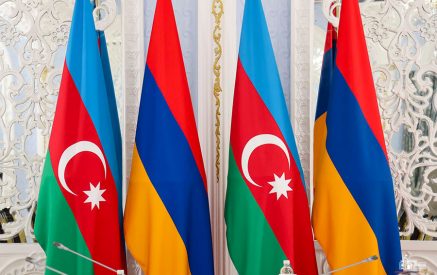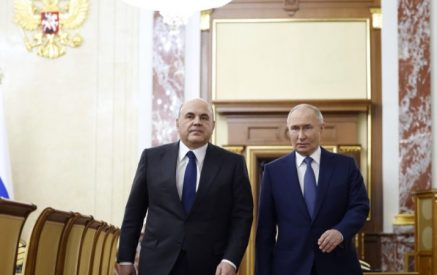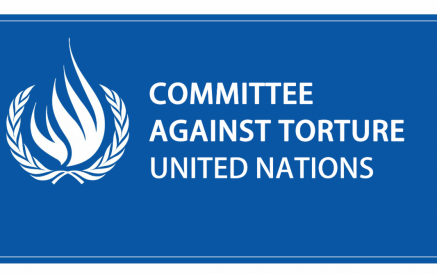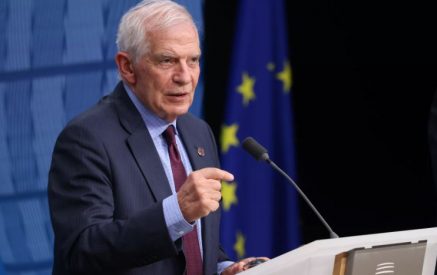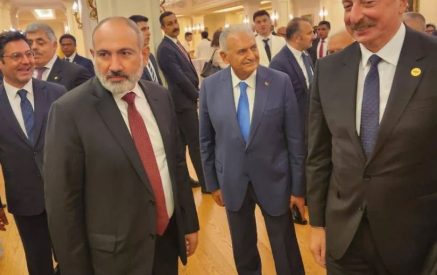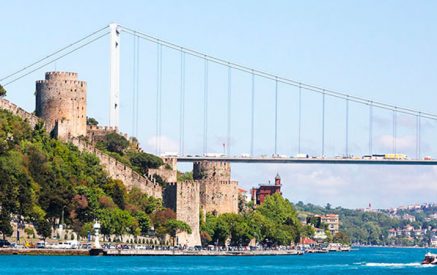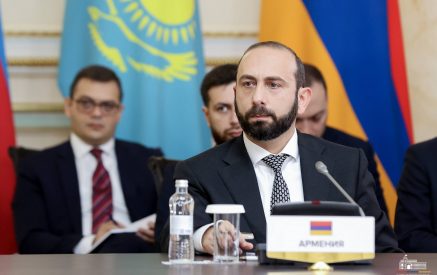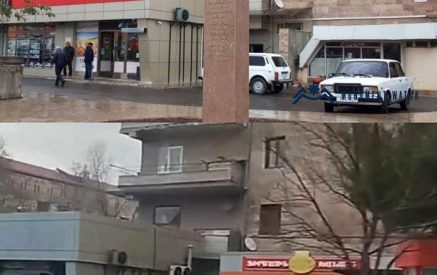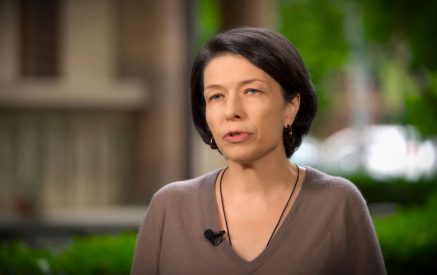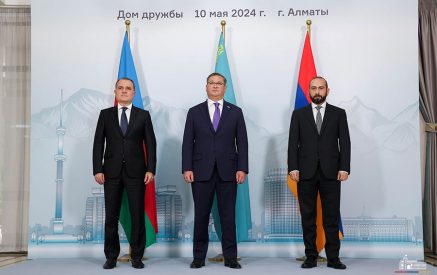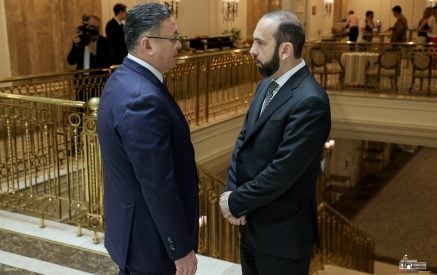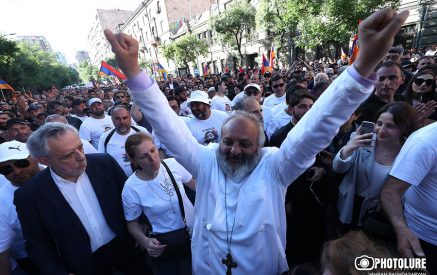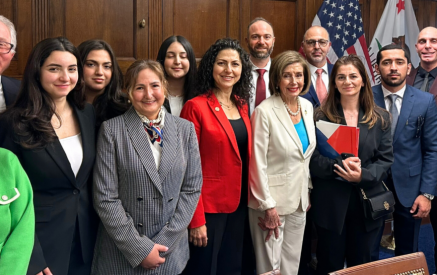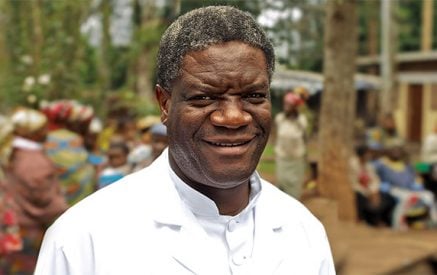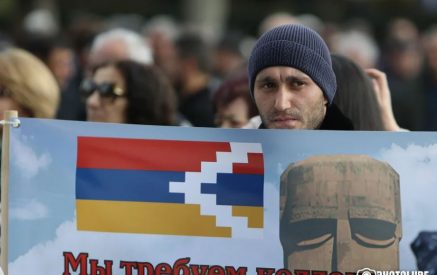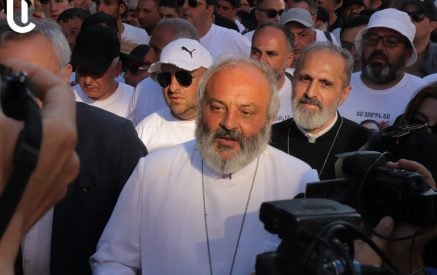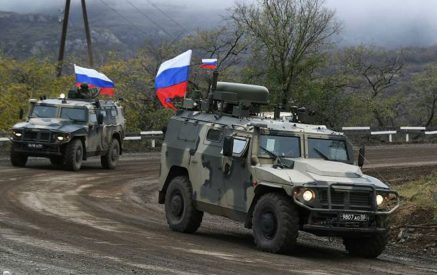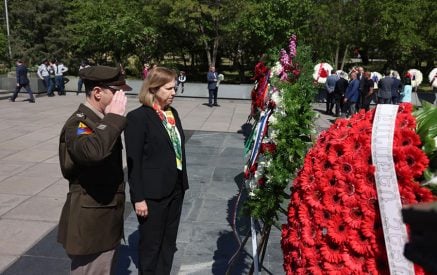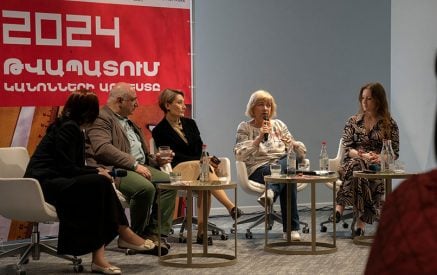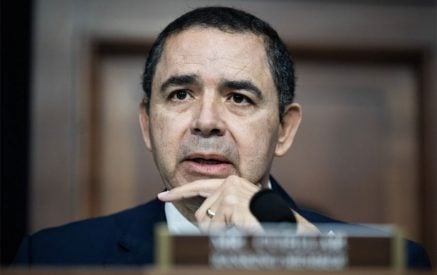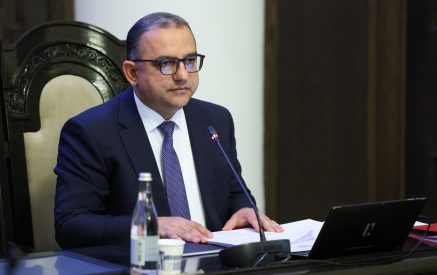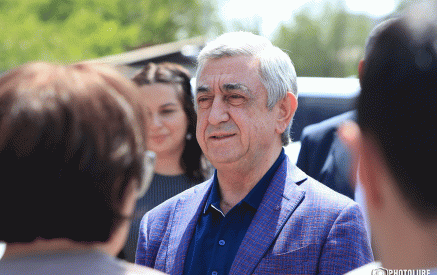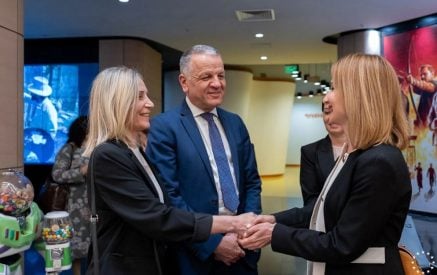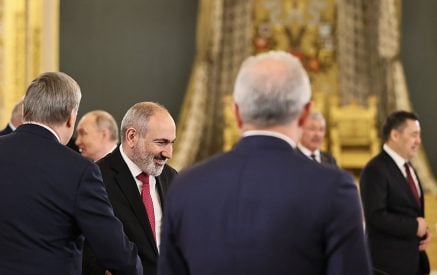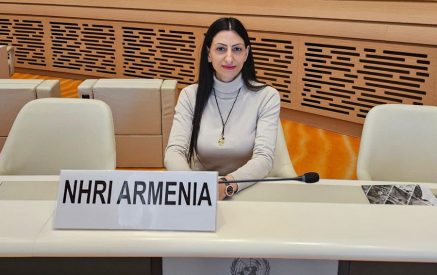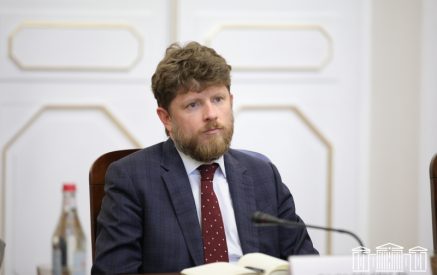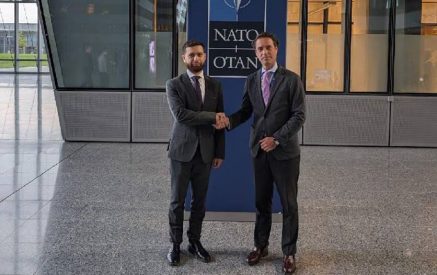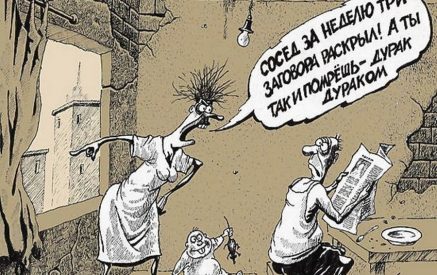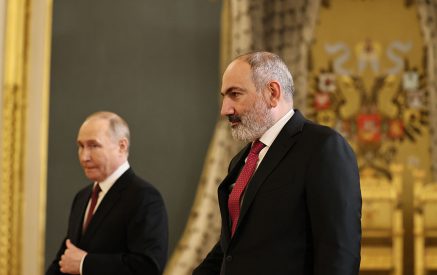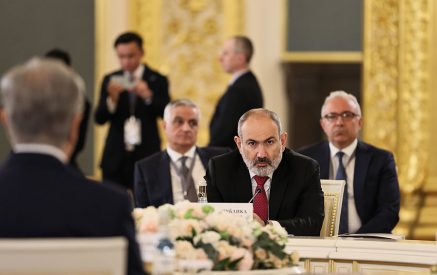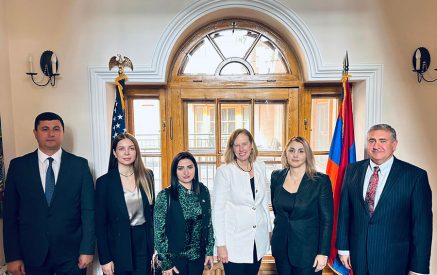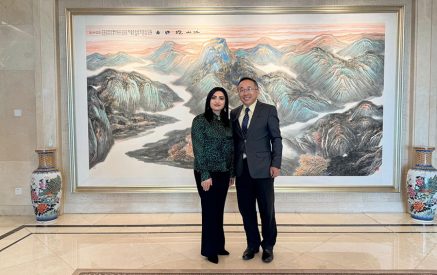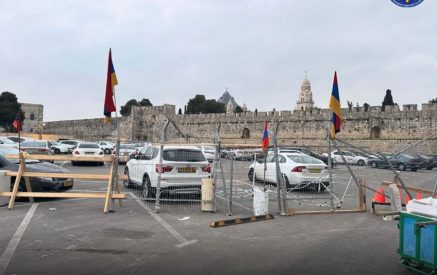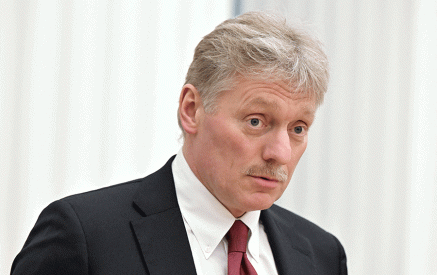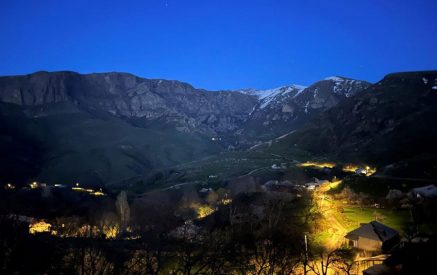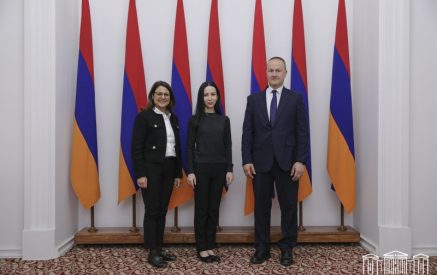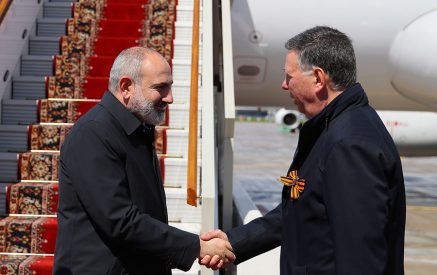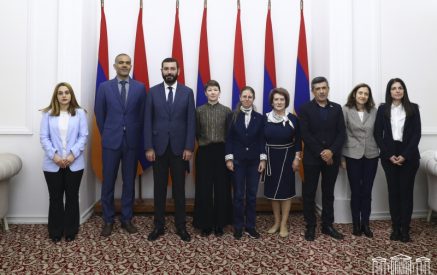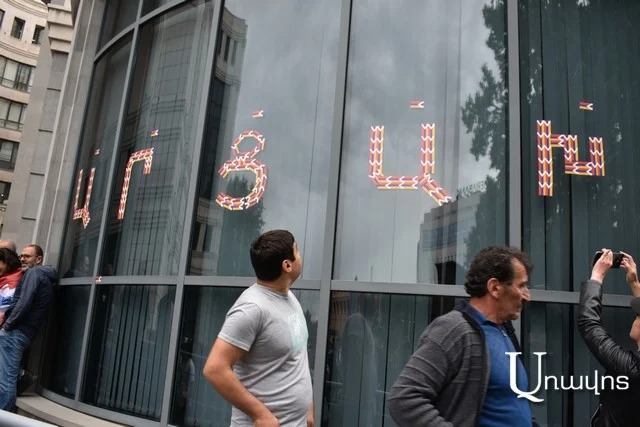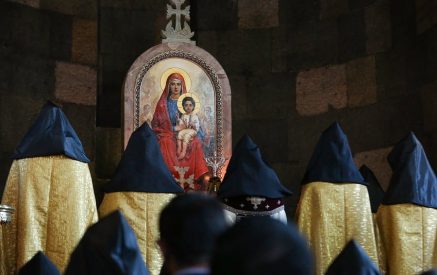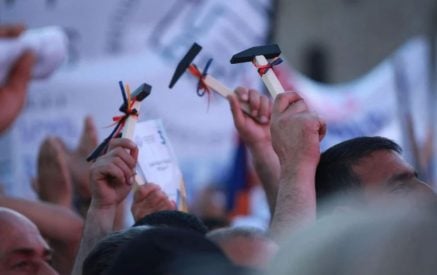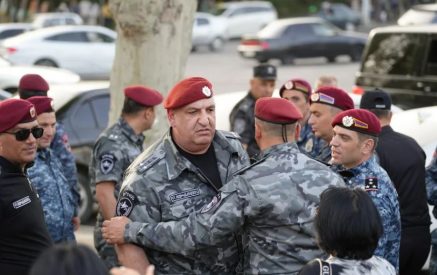There is an episode in Franz Werfel’s novel The 40 Days of Musa Dagh where Johannes Lepsius tries to persuade Enver Pasha to refrain from massacring Armenians. The German Protestant priest does not achieve any success. Enver quite rudely rejects Lepsius’ offers, and adds at the end, “Rest assured that our government is avoiding excessive violence.” But the German understands that these are empty words, just a way to end the conversation.
I remembered that episode of the book when I read the statement on the “security of the ethnic Armenians of Karabakh.” In other words, according to the European official, there is an ethnic group in the Karabakh region of Azerbaijan, whose security should be considered. Charles Michel will probably ask Aliyev not to use “excessive cruelty” against these people. As in the first case, it is empty talk.
I am often asked, what do you suggest? Probably they are waiting for me to say “change of government,” “revolution,” and so on. Even if it were my job to offer something, it would be a little strange to offer something that is impossible at the moment (I emphasize at the moment). But in reality, my job is not to make suggestions, but to explain, and in this case, to say what is not said out loud, but is taken into account.
It is about an unspoken dialogue between the authorities and the citizens, or, if you like, a contract. For example, a few decades ago, Europeans were asked, “Do you agree to relinquish some of the sovereignty of your states, but instead raise your level of prosperity?” Or Putin suggested to the Russians, “Do you want political and economic freedoms to be restricted, but you live better?” This alternative was not formulated directly, but the parties made an instinctive choice. In both cases, the people chose prosperity. Roughly speaking, the government “sells” something to the citizens, and the citizens accept it. For some time, this agreement lasted, for example, in the case of the EU, until the crisis of 2008, after which Europeans had some doubts about their choice.
Read also
Back to us. The government asks (not loudly), “Do you agree that no Armenian should live in Artsakh?” Judging by the fact that the word “Karabakh” is almost a curse for Pashinyan’s electorate, and the NKR flag affects them almost like a red cloth affects a bull, that political “product” is still being sold.
This is the essence of the case. The simple tricks of the authorities – “we are not negotiating this,” “the consequences will not be theirs” – these are just “spices.”
Aram Abrahamyan

